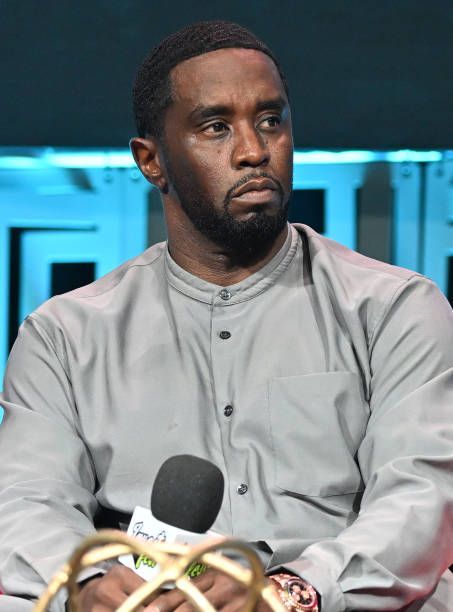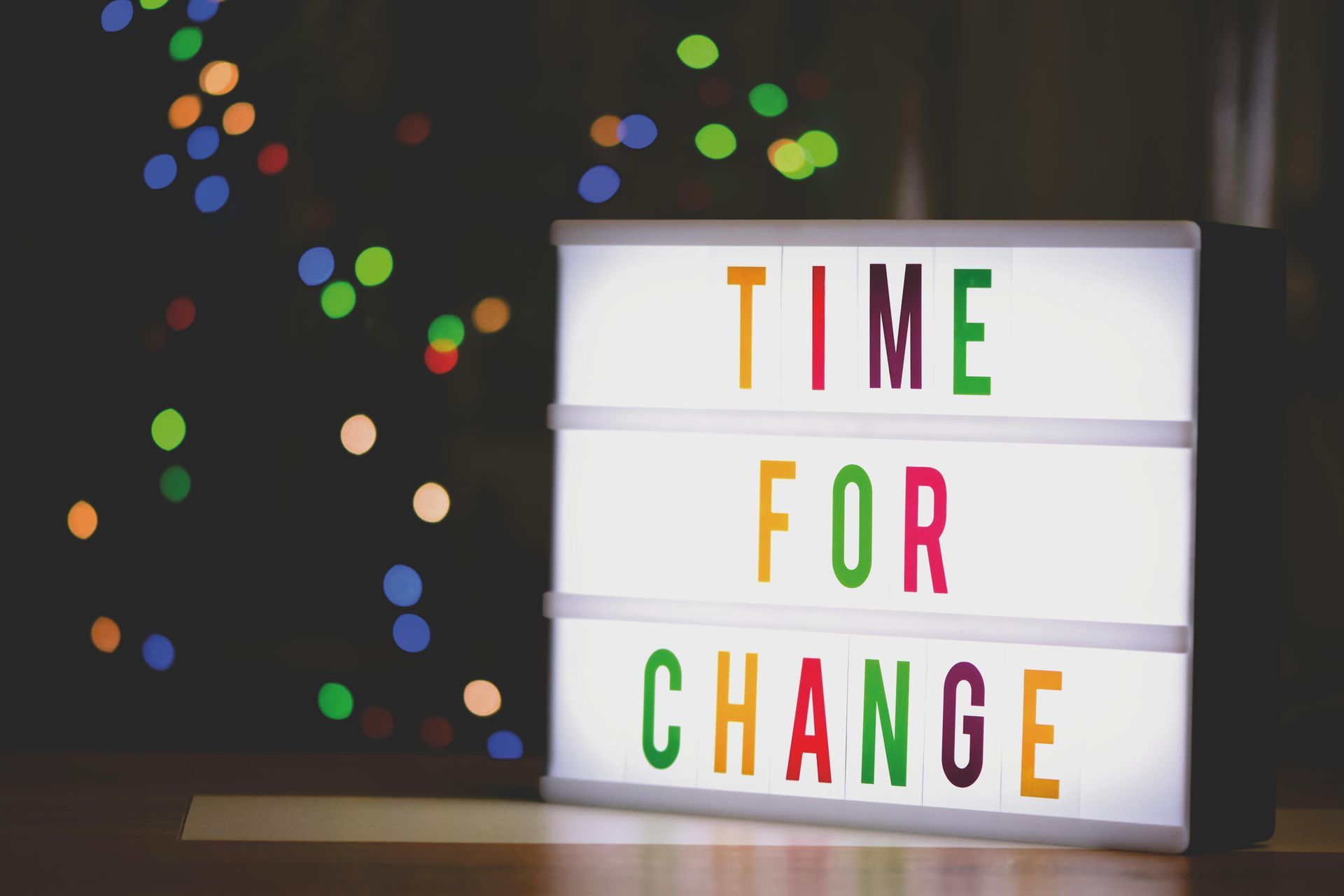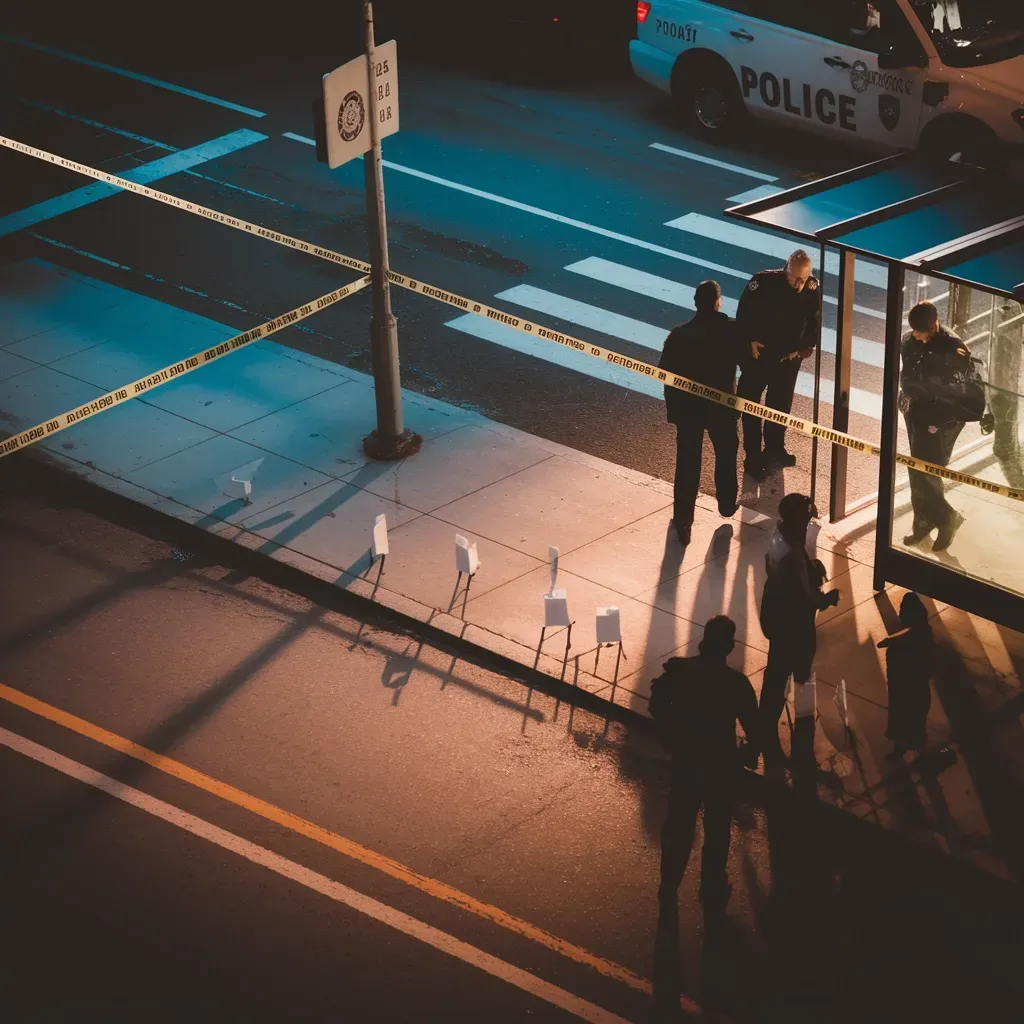The government may confine people against their will if those individuals present a danger to themselves or others, even if the person has not committed a crime. In Addington v. Texas (1979), the United States Supreme Court held that individuals with severe mental illnesses that present a threat to their own safety, or to the safety of others, may be involuntarily confined to a mental hospital.
In Addington the court held that the government must prove by “clear and convincing” evidence that such confinement is justified. Fortunately, this is a much higher standard of proof than courts apply in civil cases. In civil cases the standard of proof is by the preponderance of the evidence. A citizen’s interest in the outcome of a civil commitment proceeding is of such weight and gravity that due process requires the state to justify confinement by proof more substantial than a mere preponderance of the evidence.
Unfortunately, it’s not entirely clear that this standard of proof would apply to coronavirus quarantines. Addington held that “civil commitment for any purpose constitutes a significant deprivation of liberty that requires due process protection.” They restricted this case to the specific circumstances of a person with a severe mental illness.
Are Mandatory Quarantines Coming?
Mandatory quarantines may seem like they are coming to the United States, but that has not happened yet. If the United States resorts to quarantines, to control the spread of coronavirus, people will challenge it.
You do not have a right to be released from a quarantine. However, you have a right to demand some adjudicative process to determine whether it justifies the quarantine.
Most likely, the courts will be very deferential to public health officials. If you believe they violated your civil rights, contact an attorney that has experience in defending your rights. Contact the Law Office of Mark Nicholson at 317-667-0718.















